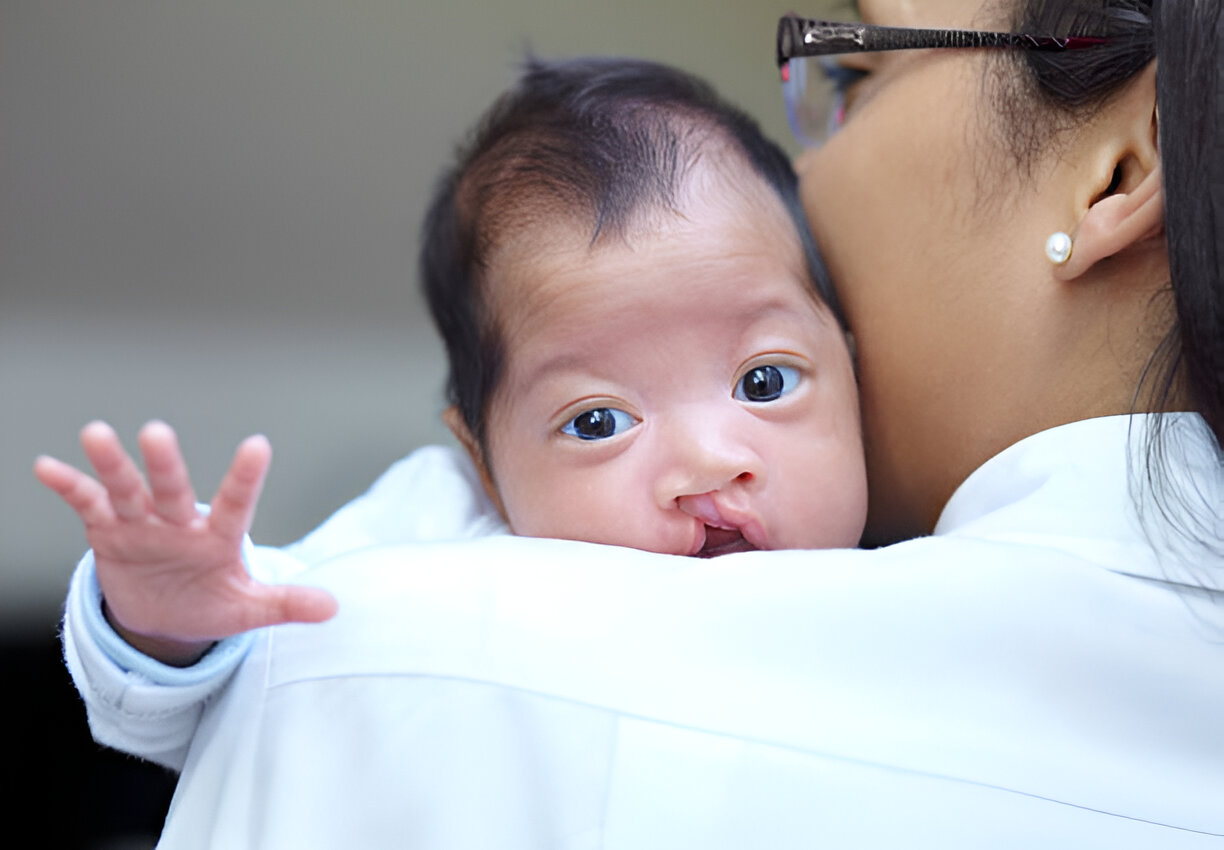
Appendicitis is inflammation of the appendix, a small organ attached to the large intestine. It causes abdominal pain, vomiting, and fever. In children, urgent surgery is often needed to remove the appendix before it bursts, preventing serious infections and complications like peritonitis.

Intussusception is a condition where one part of the intestine slides into another, causing blockage. It can lead to pain, vomiting, and blood in stools. Early diagnosis and treatment, often using an air enema or surgery, are crucial to prevent damage to the intestines and restore normal bowel function.

Intestinal anomalies are birth defects in the structure or function of a child’s intestines. They may include narrowed segments (stenosis), missing parts (atresia), or abnormal rotations. These conditions can cause feeding problems and blockages, often requiring surgical correction soon after birth for healthy digestion and growth.

In older children, intestinal obstruction may be caused by hernias, adhesions, tumors, or inflammation. Symptoms include severe abdominal pain, vomiting, and constipation. Timely medical evaluation and treatment—either conservative or surgical—are important to relieve the blockage and prevent complications like bowel damage or infection.

Pediatric tumors are abnormal growths that can occur in various parts of a child’s body, including kidneys, liver, brain, or soft tissues. Some are benign, while others may be cancerous. Early detection, medical evaluation, and a tailored treatment plan involving surgery, chemotherapy, or radiation improve outcomes significantly.

Cleft lip and/or palate are birth defects where the upper lip or the roof of the mouth does not fully form. This can affect feeding, speech, and appearance. Surgical repair is typically done in stages during infancy and early childhood to improve function and facial development.

Meningomyelocele is a severe form of spina bifida where a baby is born with a sac-like protrusion on the back containing spinal cord and nerves. It may cause nerve damage, weakness, or bladder problems. Surgery soon after birth helps protect the spinal cord and reduce complications.